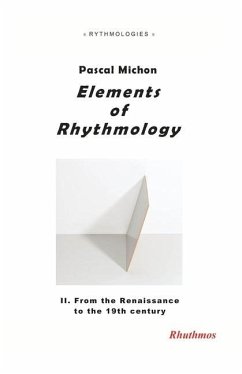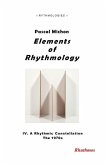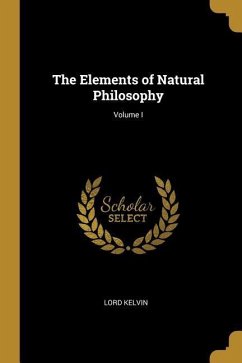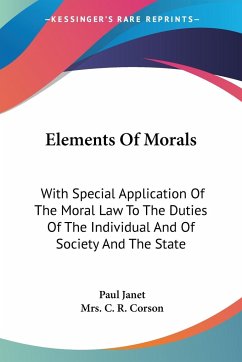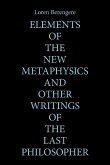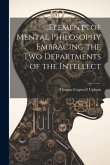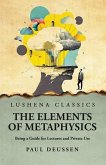The recent transformations of the world-the new cycle in which capitalism has entered, the globalization of trade, production and consumption, the spreading of new communication technologies, the growing urbanization and the fluidization of our societies and lives-have triggered a search for new critical tools. It is no coincidence that rhythm has become, since the 1990s, both a subject of investigation and a methodological instrument in a growing number of disciplines. Its success is so remarkable that it seems now on the verge of becoming a new scientific paradigm, somewhat like system, structure, individual or difference in the second half of the 20th century. But its history and thus the multiple meanings it has been endowed with are still very badly known. Old models of rhythm are still commonly used while more recent and efficient ones are left aside. This book is the second installment of a series that aims at providing some of the elements of rhythmology we need to better assess the significance of the current scientific change, as well as the ethical and political empowerment it may involve.
Hinweis: Dieser Artikel kann nur an eine deutsche Lieferadresse ausgeliefert werden.
Hinweis: Dieser Artikel kann nur an eine deutsche Lieferadresse ausgeliefert werden.

